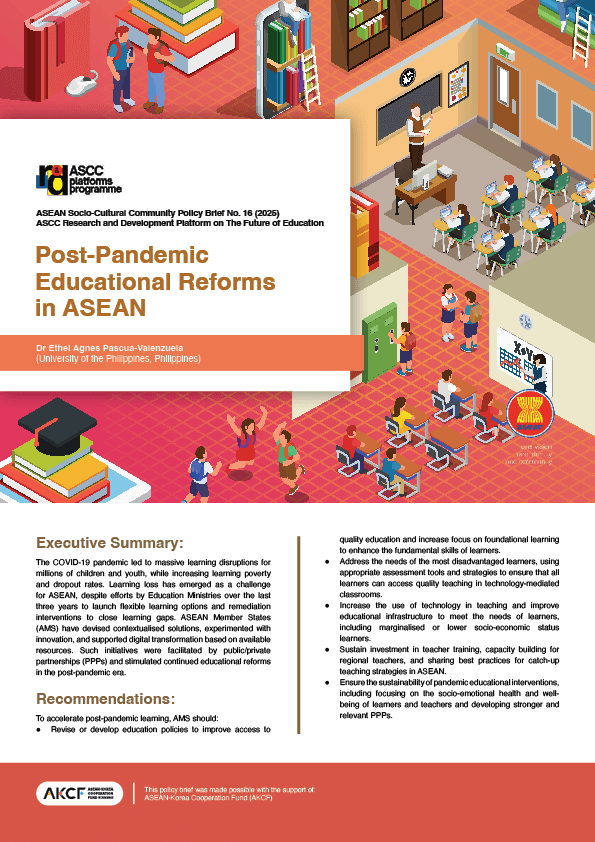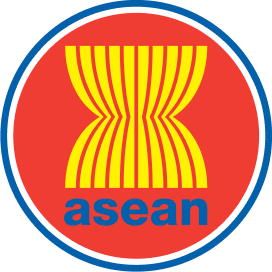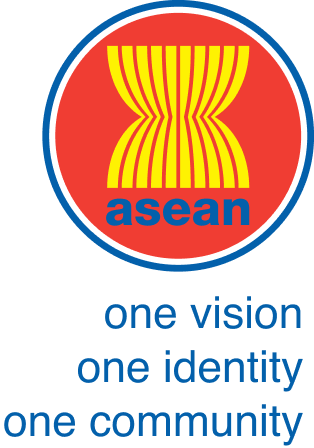

EXECUTIVE SUMMARY
The COVID-19 pandemic led to massive learning disruptions for millions of children and youth, while increasing learning poverty and dropout rates. Learning loss has emerged as a challenge for ASEAN, despite efforts by Education Ministries over the last three years to launch flexible learning options and remediation interventions to close learning gaps. ASEAN Member States (AMS) have devised contextualised solutions, experimented with innovation, and supported digital transformation based on available resources. Such initiatives were facilitated by public/private partnerships (PPPs) and stimulated continued educational reforms in the post-pandemic era.
RECOMMENDATIONS
- Revise or develop education policies to improve access to quality education and increase focus on foundational learning to enhance the fundamental skills of learners.
- Address the needs of the most disadvantaged learners, using appropriate assessment tools and strategies to ensure that all learners can access quality teaching in technology-mediated classrooms.
- Increase the use of technology in teaching and improve educational infrastructure to meet the needs of learners,
including marginalised or lower socio-economic status learners. - Sustain investment in teacher training, capacity building for regional teachers, and sharing best practices for catch-up teaching strategies in ASEAN.
- Ensure the sustainability of pandemic educational interventions, including focusing on the socio-emotional health and wellbeing of learners and teachers and developing stronger and relevant PPPs.
Share







